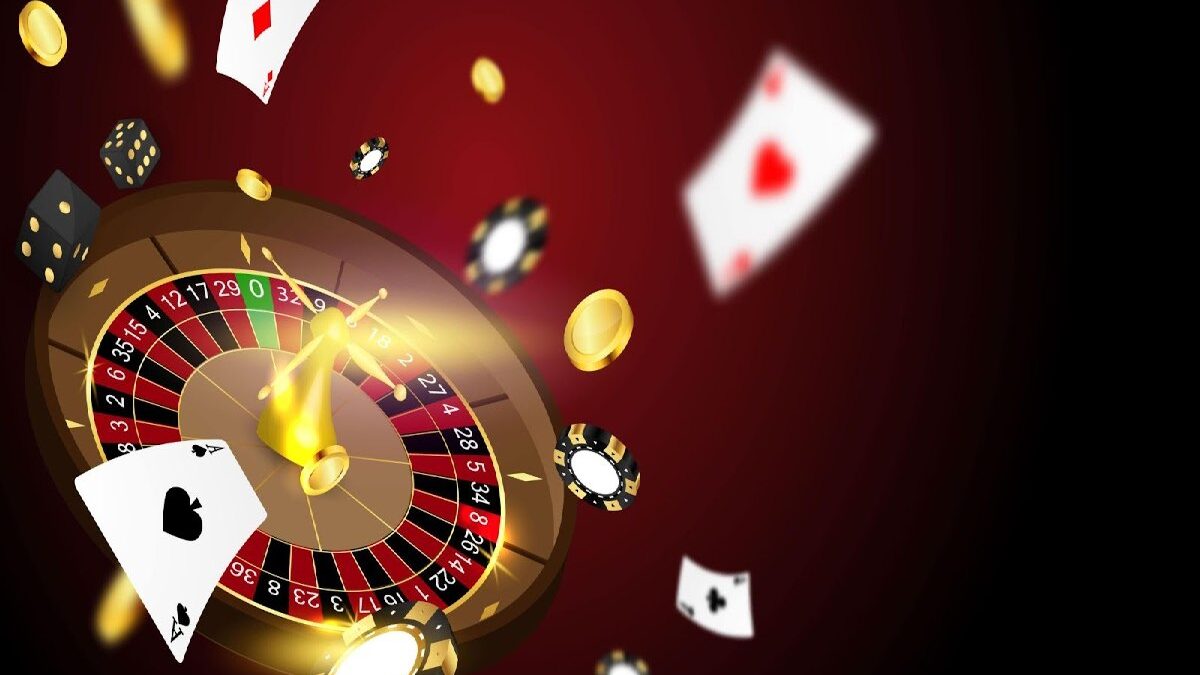
Rumors that establishments deliberately fill their premises with oxygen to keep players in good shape are no longer relevant, but they have been replaced by other misconceptions that are spreading at incredible speed. Some overly optimistic or naive people use various superstitions to increase their chances of winning.
Of course, all myths and rituals must be discarded, as they interfere with a sane and reasonable approach to the game. Experienced gamblers recommend that beginners start their acquaintance with the gambling industry with the https://ca.parimatch.com/ online casino, the entrance to which is available to all adult
users of various gadgets.
Gambling addiction or compulsive gambling is a behavioral addiction (process addiction) characterized by pathological obsession and compulsion to gambling. Gambling addiction is becoming more problematic, causing financial, family, social and work problems, but the player continues to gamble and cannot control or stop gambling despite the negative consequences.
Gamblers who are addicted to gambling are secretive and tend to be isolated from society, which is why there are many misconceptions and myths about this addiction. To get a proper understanding of this destructive disorder, it is necessary to separate myth from fact.
Myth 1. Gambling is not addictive
Fact: Gambling is designed to be addictive.
Gambling is based on a psychological principle that is known to be highly addictive and compulsive. This principle is based on variable reward ratios (i.e. gains) and random reinforcement ratios, collectively known as a variable ratio reinforcement schedule (VRRS). Finding the most exciting form of VRRS is a matter of considerable research. Most slot machines are programmed to deliver winnings on a precise schedule based on the most addictive form of VRRS.
Myth 2: Gambling is a way to make money

Fact: The casino always wins, especially when it comes to gamblers.
As you drive past the casino, it is easy to admire the luxurious building. However, it is also easy to forget that the money to build this casino probably came from the losses of the people who play it.
One of the characteristics of pathological gambling is the persistent belief that the next bet will pay off despite repeated losses after the next bet. Thus, the delusional belief that luck is just a bet is part of the pathological psychology of gambling addiction. The belief that gambling will pay off despite losing significant amounts of money is a driving factor in gambling addiction.
Myth 3: if you keep playing, you will get your money back sooner or later.
Fact: The longer someone stays in active gambling addiction, the greater the loss.
The irrational belief that the player will ultimately succeed and come out on top is an important factor in gambling addiction. People who do not have gambling addiction are usually clear when there are enough of them, and they can get away from their losses and get on with life. However, compulsive gamblers cannot do this; they keep coming back, driven by an irrational belief in a big victory.
However, addiction to gambling is not just a matter of whether a person will win or lose. Gambling addicts get a burst of energy from gambling or high, and it is on this high that they cope with negative feelings and life stressors. When they play, the high they get makes them happy for a short time and distracts them from all their problems. Pathological gamblers are known to achieve this level regardless of whether they win or lose. All they need is gambling.
Myth 4: if you can afford it, gambling won’t be a problem.
Fact: Compulsive gambling is a symptom of underlying emotional and coping problems.
Financial loss is just one of the many negative consequences of gambling addiction. People who struggle with gambling addiction often end up with serious problems in relationships and at work and may neglect life obligations.
Pathological gambling is a progressive disease that becomes more and more dangerous over time. This fact is especially true during times of stress or bad mood, as gambling becomes a way to cope with the situation. After all, almost all pathological gamblers suffer financial losses that can change their lives if they are not helped in time.

Myth 5: gamblers gamble every day
Fact: Addiction to gambling can be persistent or episodic.
У многих азартных игроков бывают «засушливые» периоды без всяких ставок. Однако зависимость от азартных игр является хронической и прогрессирующей, поэтому для многих патологических игроков она в конечном итоге становится повседневной деятельностью, если они не обращаются за помощью и не принимают ее.
Обсессивно-компульсивная озабоченность азартными играми характеризует патологическую пристрастие к азартным играм. Со временем эти навязчивые мысли о ставках становятся все более навязчивыми и провоцирующими беспокойство. Единственный способ облегчить это беспокойство – это азартные игры, которые представляют собой принуждение, сочетающееся с навязчивой идеей.
Like people who struggle with drug addiction, pathological gamblers experience tolerance, which means that they need more and more activity to satisfy their obsession and achieve the same high. They also experience increased withdrawal symptoms, that is, the bad mood and irritability they experience when they are not playing. As these effects worsen, the result is an increase in gambling and addiction.
